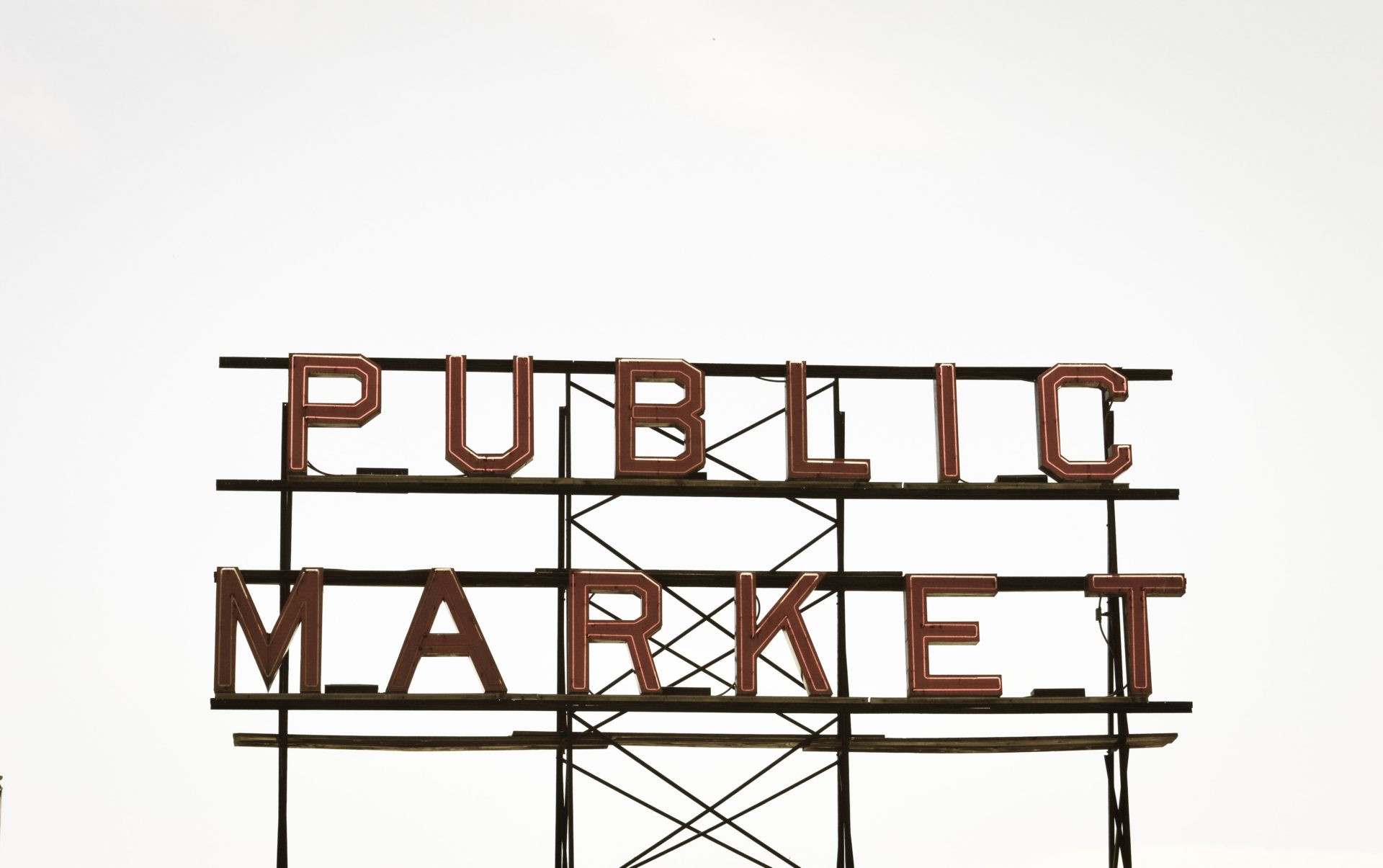At one point or another, every investor has wondered how to buy an IPO.
IPOs are the media darlings of the investing world, which sometimes makes the whole run-up to a company’s IPO, or initial public offering, confusing and circus-like.
Magazine articles are written about the company’s origins and founding story, and bloggers combing through the massive disclosures released about the company’s inner workings, and speculation runs wild — all fueled by headlines heralding high valuations.
Meanwhile, everyone is left wondering which way the price will go after the ringing of the opening day bell.
But beyond all of the hype, the process of figuring out how to buy an IPO is actually pretty straightforward — especially with Abra’s new stock and ETF investing capabilities.*
What is an IPO?
An initial public offering is a watershed moment in a company’s life. Pre-IPO, companies are generally considered startups, and they have to raise money to develop their products and services, hire employees, and to spread awareness about their company through marketing and advertising. Some of the most common ways that private companies are funded are through venture capital or through accredited angel investors.
Often times when early investors invest in a young company, they also become involved in some capacity, acting like mentors or a sounding board for product ideas and company development.
Fundraising happens in rounds. These rounds range from really early seed stage funding all the way through several subsequent rounds (often called series A, B, C — and sometimes D) of capital to continue growing the company to a point where it is profitable.
Traditionally, companies have used the IPO process as a way to continue raising funds and growing after clearing some of the hurdles common in a young startup company’s life.
Another way to look at: An IPO signals the beginning of a different, more steady and sustained way of raising funds to continue to do business. At the same time, it is also an opportunity for retail investors to get access to the potential upside of a company (while sharing the downside risk). Before an IPO, a company is still considered private and investment is generally limited to accredited investors, or high net worth investors.
The IPO process
Part of the IPO process for a company involves disclosing details about business practices and financials. These disclosures, which are required by the Securities and Exchange Commission (SEC), give a glimpse into the company’s overall general health and future potential.
The IPO disclosures cover things like profit and loss and how many customers or users the company has for its products.
The transition from a privately held company to a publicly traded company involves a number of steps including financial analysis and due diligence, valuation, and handling a number of other legal and accounting procedures.
The IPO process is managed by an investment bank that serves as an underwriter for the company as they go public. The underwriter is required to perform due diligence and come up with a fair valuation for the company’s newly public stock.
Once through the underwriting process, the stock will be listed on an approved exchange that fits the company’s industry, size, and liquidity.
Once the listing process is decided, the company and the underwriter will set a day to hold the IPO. The first few days after the initial public offering usually see a lot of trading volume as some investors that held positions while the company was private try to cash out, while new investors, eager to get in early, try to acquire the newly issued stock.
Why people get excited about IPOs
There is generally a lot of excitement surrounding IPOs because they are viewed as massive opportunities for mainstream investors. Part of the reason retail investors like IPOs is because they are the first opportunity to invest in growing companies.
It should be noted that not all IPOs see price increases after they debut on public markets. Sometimes, in the days, weeks, and months following an IPO, the company’s share price drops.
On the other hand, there have been some pretty dramatic increases. Most recently, the freelance platform Fiverr IPOed at $21 a share and rose to $39.90 in a single day.
But really, getting in on IPOs is often most valuable if the stock grows over the long term. Here are some examples of what would have happened to $100 initial investment into an IPO of a company that has grown over the last few decades (these numbers were calculated in early 2019):
$100 of Google stock purchased in 2004 would be worth $2,600 today.
$100 of Amazon stock purchased in 1997 would be worth approximately $120,000 today.
$100 of Nike stock purchased in 1980 would be worth approximately $6 million today.
Access and how to buy IPOs on Abra
Abra will make certain IPOs available to eligible Abra users* once is listed on a publicly traded exchange (Slack was the most recent public offering listed on Abra). While we are currently unable to list all of the upcoming IPOs we are doing our best to list the ones in high demand by Abra users.
If there is an upcoming IPO that you are particularly interested in, please let us know in the comments.
* The services described herein are provided by Plutus Technologies Philippines Corporation (Abra International). You are not allowed to access or use the services of Abra International if you are located, incorporated or otherwise established in, or a citizen or resident of: The United States of America, Cuba, Iran, North Korea, South Sudan, Sudan, Syria and Ukraine. Persons or businesses in these countries or in any jurisdiction where it would be illegal according to applicable law (by reason of nationality, domicile, citizenship, residence or otherwise) are forbidden to access or use the services of Abra International.
About Abra
Established in 2014, Abra is on a mission to create a simple and honest platform that enables millions of cryptocurrency holders to maximize the potential of their assets. Abra enables both individuals and businesses to safely and securely buy, trade, and borrow against cryptocurrencies – all in one place. Abra’s vision is an open, global financial system that is easily accessible to everyone.
Why Abra
Based in the United States, Abra is available in over 150 countries and makes it easy to convert between crypto and a wide variety of local fiat currencies. With over 2MM customers, $7B in transactions processed, and $1.5B in assets under management, Abra continues to grow rapidly. Abra is widely loved and trusted – in April 2022, pymnts.com reviewed and rated Abra amongst the top 5 most popular crypto wallets in the market. Abra is backed by top-tier investors such as American Express Ventures and First Round Capital.
How Abra Protects Your Funds
Abra places clients’ financial objectives and security first. Abra practices a culture of risk management across all levels and functions within the organization.
Abra employs a state-of-the-art enterprise risk management framework that comprises a comprehensive set of policies, procedures, and practices detailing all applicable risk-related objectives and constraints for the entirety of the business. Abra has instituted a complete set of requisite systems and controls that continuously enforce these policies, procedures, and practices to manage all operations, including credit and lending. Abra’s independent Risk Committee comprises experienced compliance, risk, securities, and fraud operations professionals with backgrounds in industries ranging from traditional and digital assets banking, payments, remittance, to fintech.
Please visit our FAQ to learn more.



